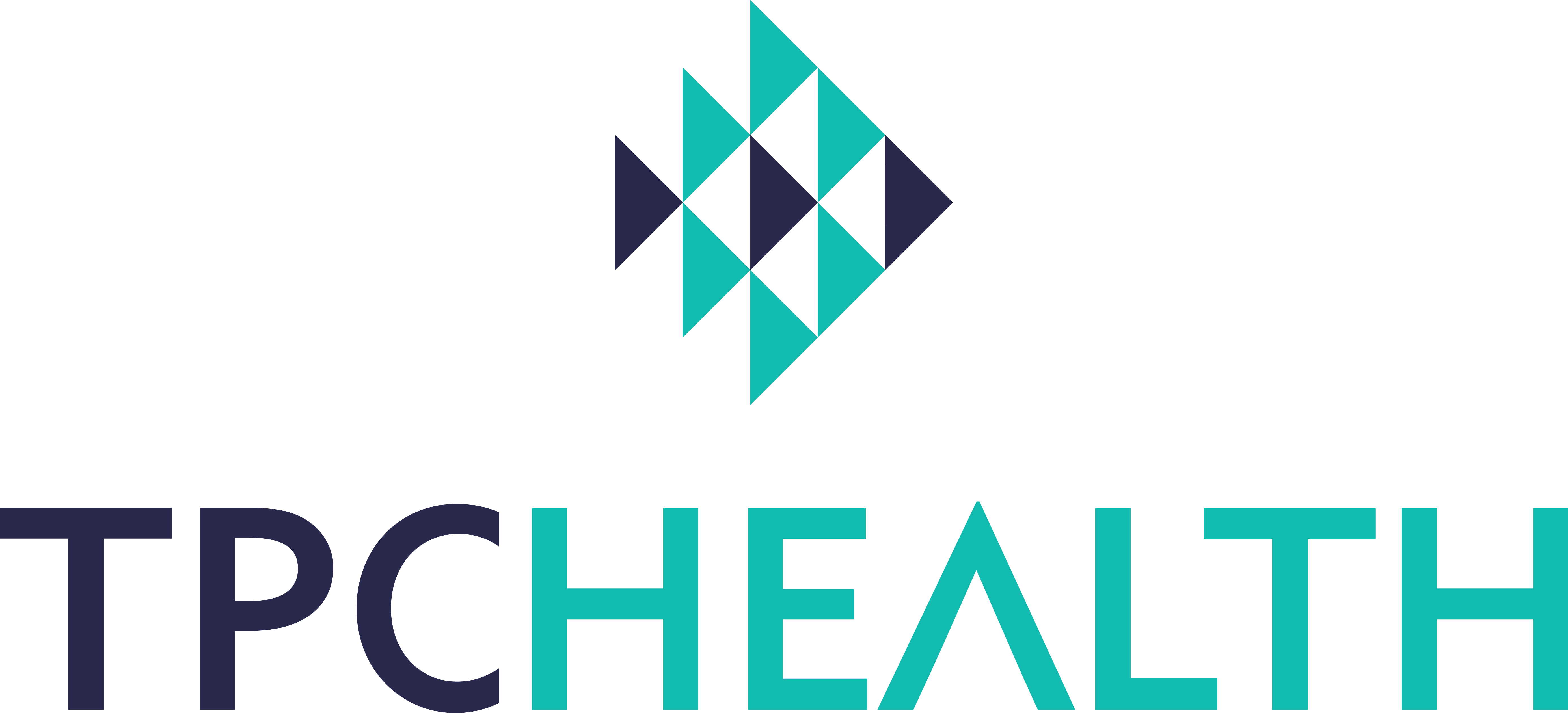Health coaching skills are integral part of the tool kit for Link Workers and other’s working in social prescribing roles.
Effectively, being a Link Worker involves doing what is suggested by the role name. A Link Worker makes links, they create connections, they support information sharing, and they build relationships. The role is all about collaboration and communication; and all of this requires them to be very effective in having high quality conversations.
Link workers are at the leading edge of working with people to find out what the issues are that impact their lives, identify what is important to them, and then create the connections and relationships needed to support them to engage with the pursuit of what they want. And while this sounds relatively straight-forward, it is made more complex by the fact that Link Workers and others involved in social prescribing roles, must have these conversations in a way that also supports people to engage with the change process. They have to structure conversations that support people to access their personal sense of agency and resourcefulness so that they can take action. This is where health coaching skills for Link Workers comes to the fore.
The need for high quality conversations was summarised clearly by Angela Coulter, when she wrote: “Instead of treating patients as passive recipients of care, they must be viewed as partners in the business of healing, players in the promotion of health, managers of healthcare resources, and experts on their own circumstances, needs, preferences and capabilities.” (Coulter 2011). And while Dr Coulter was writing specifically about the health care system, the same principles translate to working how we work with people across all health and social care systems in communities.
With its origins in a strengths-based approach, health coaching fits with the holistic approach used by Link Workers. It recognises that people’s health is determined by a range of social, economic, environmental and biological factors, the wider determinants of health and wellbeing. Skills in coaching enable practitioners to have conversations with people that supports them to take greater control of their own health and wellbeing
So, if you work in social prescribing and haven’t yet explored health coaching, here are 8 reasons why health coaching skills could help you in your role:
1. Structure your conversations effectively
Health coaching is all about learning how to have conversations so that they can engage people to talk about what is important to them in a way that encourages commitment to change. The way we open a conversation, the emphasis we place on different topics, and how we ask questions; all influence how likely it is that the person engages with the conversation and generates motivation. A core aim of a health coaching conversation is to structure the conversation so it can lead to an outcome that is meaningful and satisfying for the person.
2. Understand what’s important
Lasting change comes when people make their own decisions about the things that are important to them. We’ve all heard of the idea of moving from a mindset of “what’s the matter with you” to “what matters to you”. Skills in health coaching enables people to operationalise this ideal. Health coaching equips practitioners with the ability to undertake agenda setting conversations effectively by asking questions and then listening deeply, gaining a complete understanding of what is important to the people they work with. An integral part of health coaching is supporting individuals to understand what they want, and to make their own decisions, rather than telling people what they should do
3. Build trust and rapport
Social Prescribing roles require people to build trust and rapport quickly. Low trust and rapport between a Link Worker and their client will most likely lead to a transactional relationship, where information is exchanged, but it doesn’t support the level of honesty or disclosure needed to create change. Developing your health coaching skills will give you the tools needed to engage your clients in high trust and high rapport conversations where they tell you what’s really going on for them, what they really want and what’s at stake; the ingredients needed to support a more transformational exchange that leads to behaviour change.
4. Enhance your listening skills
When was the last time you really felt listened to? Effective listening from someone who is truly present to you can be a tremendous gift, which can be enormously healing in its own right. Unfortunately, we all think we are better than listening than we actually are. The quality of your listening can directly impact the quality of the thinking in the person you are working with. This is particularly important when the people you are working with may be less confident or lonely and disenfranchised. For these people, feeling that they are being heard and understood is vital. Health Coaching helps you to hone your listening skills, it enables you to listen attentively, accurately, empathically and generatively.
5. Challenge thinking
To elicit change we often need to challenge people to think differently about their situation and the alternatives that they have. It is natural for people to sometimes become a little fixed or set in their thinking. In such situations, some supportive challenge is often needed to gently encourage individuals to think more and differently about their situation, and to reach outside their current understanding or comfort zone. To effectively challenge someone, you need to first build rapport. Only then can the challenge lead to a greater awareness and insight. A significant focus in health coaching is how to structure conversations and ask questions that supportively challenge limiting beliefs and encourage people to understand and think more clearly about their current experiences so that they can generate insight.
6. Generate meaningful options
Have you ever worked with someone where it was very difficult to engage them in collaborative problem solving? Where they couldn’t contribute new ideas or options? In such situations it is very tempting for most of us to make suggestions or recommendations. And while there really isn’t anything wrong with contributing to the possible options for intervention, when the practitioner does it routinely, and is unable to engage the person they are working with in coming up with some ideas for themselves, it is particularly difficult to then engage the person in following through on potential actions. To generate new ideas and meaningful options, we have to first help people generate awareness and insight. One of the key tenets of a health coaching approach is the belief that “people are experts in their own lives” and that they are resourceful enough to contribute to generating their own solutions. Effective health coaching training provides the techniques, skills and conversation frames needed to support people to think for themselves and discover that their own ideas and potential ways forward might just be worth trying out.
7. Support behaviour change
A fundamental test of any intervention is whether it actually contributes to people making a demonstrable change that improves their health and wellbeing. While a Link Workers role is all about setting up links and creating relationships, an often under-appreciated aspect of the role is the focus on behaviour change. This could be either through a specific health coaching behaviour change conversation where an individual decides to make a change in their lifestyle or in some aspect of their behaviour, or if it’s simply about following through on an agreement to access another service. Health coaching training equips people with the know how to create behaviour change by structuring conversations that lead to outcomes, generate intrinsic motivation, and gain commitment to follow through on their agreed actions.
8. Utilise a positive psychology approach
As a Link Worker, the use of a positive psychology approach can be a game changer. Are you sometimes stuck in seeing the person you are working with as a problem? Or are you seeing them as at least holding part of the solution? Do you see the asset or the liability? High quality health coaching training understands the value of the positive psychology approach. It recognises that people are more resourceful than they think they are, and it supports practitioners to learn how to elicit people’s resourcefulness. Health coaching training can equip Link Workers with the skills needed to see the client both through the lens of their presenting issues, and at the same time as a person with deep potential.
If you’d like to learn more about the programmes we run specifically for Link Workers and people who work in Social Prescribing roles, you can take a look here.





